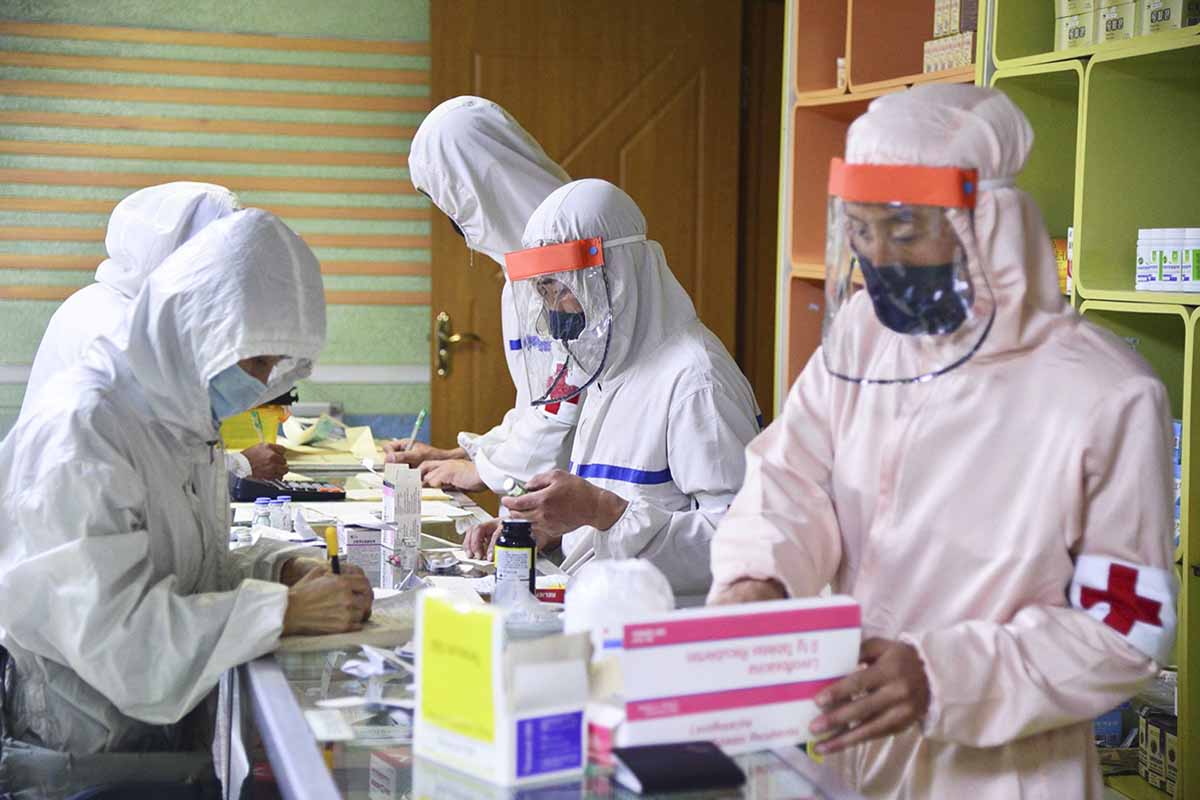
North Korea and Their Medical Treatment Program
North Korea is set to launch a medical tourism program in a bid to earn foreign currency, with China and South Korea as its main targets.
The program will offer treatments not available in the North, such as cancer therapy and cosmetic surgery, according to state media.
Pyongyang has already built a number of hospitals and clinics catering to foreign tourists. It’s not clear how many people from China and South Korea would be willing to travel to North Korea for medical treatment, given the countries’ tense relations. But if the program does take off, it could provide a much-needed boost to the North’s …










